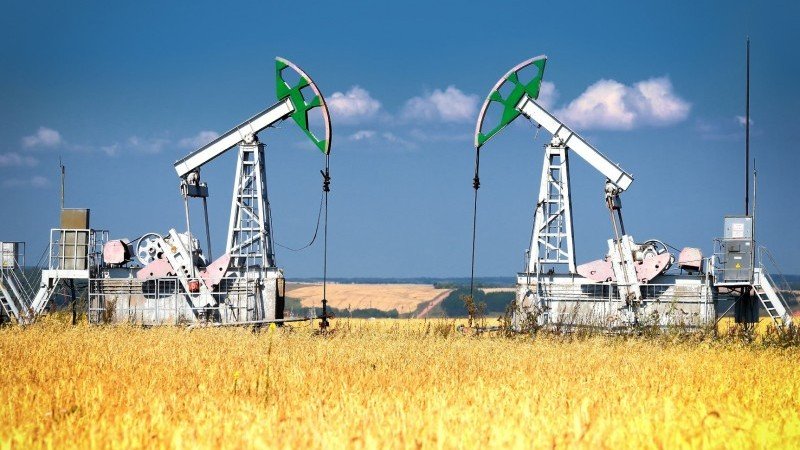Oil prices have come under further pressure as bearish sentiment has hit not just oil but large parts of the commodity complex, leading to a large amount of speculative selling. ICE Brent settled 1.66% lower yesterday, leaving the market below $80/bbl for the first time since early June. Weak Chinese demand remains the driver for the oil market, following a raft of fairly bearish data in recent weeks. China is important for the global oil balance, as it is expected to make up more than 50% of global oil demand growth in 2024, so slower-than-expected growth can dramatically change the balance.
The market will also be closely watching any developments in Venezuela following elections over the weekend. The current president, Nicolas Maduro has claimed victory in the election, although there are doubts over the result with opinion polls in the lead-up to the election showing a strong victory for the opposition. The US has said potential further sanctions will depend on whether the government releases voting data. While the US eased oil sanctions against Venezuela last year, these were reimposed earlier this year after the US felt the government did not live up to its side of a deal for fairer elections.
The US Department of Energy (DoE) agreed to buy 4.65m barrels of crude oil for its Strategic Petroleum Reserve (SPR) for delivery between October and December 2024. In an effort to refill the SPR, the DoE has said that it has bought a total of 43.25m barrels at an average price of around US$77/bbl, lower than the $95 average at which oil was sold in 2022 during the emergency releases.
Natural gas prices rallied further yesterday. TTF front-month futures settled 4.3% higher on forecasts for hotter weather in Asia. Spot Asian LNG prices remain at a healthy premium to European gas prices, which leaves Asia a more attractive destination for spot cargoes. Lower flows to the EU are reflected in LNG send-out data, which has dropped to its lowest level since late 2021, according to GIE.

